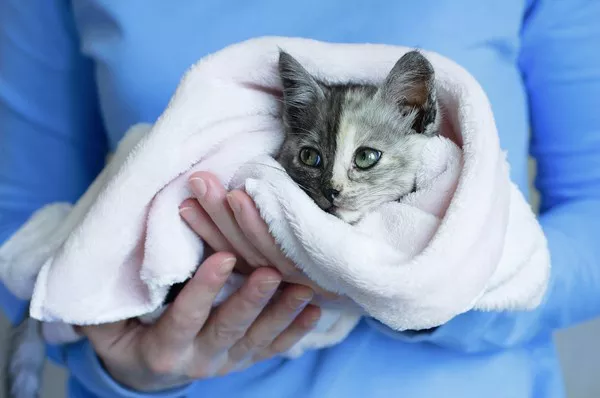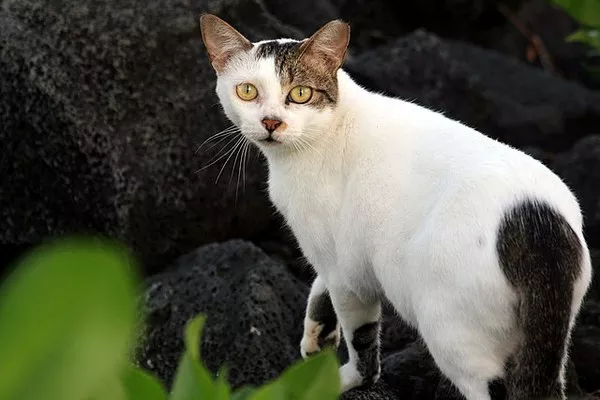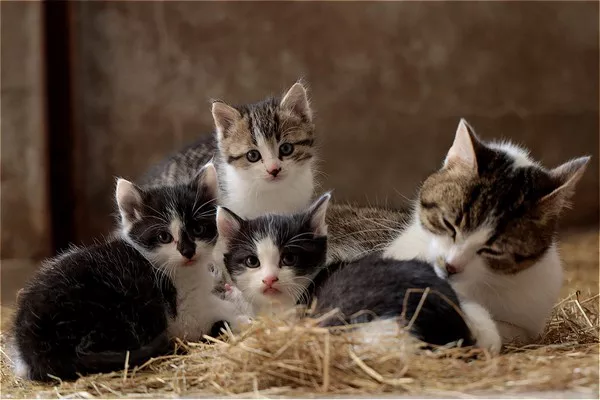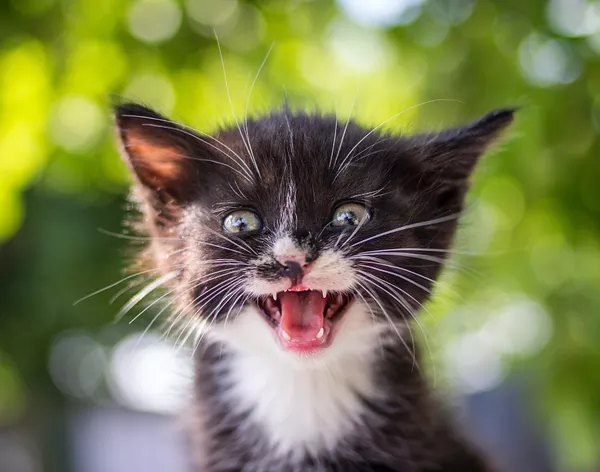Calico cats, with their distinctive tri-colored fur patterns, are not only visually captivating but also possess unique behavioral traits that captivate cat enthusiasts worldwide. One intriguing behavior that often perplexes cat owners is the tendency of Calico cats to meow at night. In this article, we delve into the various factors contributing to this nocturnal vocalization, seeking to shed light on why these charming felines choose the nighttime hours to express themselves.
The Nature of Calico Cats
Before delving into the reasons behind Calico cats’ nighttime meowing, it is essential to understand the nature of these felines. Calico cats are not a specific breed but rather a color pattern that can be found in various breeds, such as the American Shorthair, Persian, and Japanese Bobtail. Known for their vibrant coat colors, which include patches of white, black, and orange, Calico cats are often characterized by their lively and independent personalities.
Calico Cat Meow at Night: Instinctual Behavior
One primary reason why Calico cats meow at night can be traced back to their instinctual behavior. Cats, by nature, are crepuscular animals, meaning they are most active during the dawn and dusk hours. In the wild, these times provide ideal conditions for hunting when prey is abundant. While domestication has shifted some of these instincts, Calico cats may still retain a heightened level of nocturnal activity, leading to increased meowing during nighttime hours.
Territorial Expression
Another factor contributing to Calico cats’ nighttime meowing is their territorial nature. Cats are territorial creatures that use vocalizations as a means of communication. In the quiet of the night, when the surroundings are less bustling, Calico cats may feel compelled to assert their presence and mark their territory through meowing. This behavior is particularly pronounced in Calico cats, known for their strong personalities and a desire to establish their domain.
Loneliness and Attention-Seeking
Calico cats, like many other feline companions, can experience loneliness, especially when left alone for extended periods. Meowing at night may be their way of seeking attention, companionship, or reassurance from their owners. Calico cats, with their social and affectionate tendencies, may feel the need to vocalize their emotions when they sense the absence of their human companions during the quiet hours of the night.
Hormonal Influences
The hormonal influences on Calico cats, particularly females, can also contribute to nighttime meowing. Female Calico cats are often prized for their unique genetics, with the distinctive coat color linked to the presence of two X chromosomes. Hormonal fluctuations, particularly during the estrus cycle, can lead to increased vocalizations as the cat expresses her readiness to mate. This hormonal influence may become more noticeable during the nighttime hours when the cat is naturally more active.
Environmental Stimuli
Calico cats, being highly sensitive creatures, can react strongly to environmental stimuli. Nighttime brings about a change in the atmosphere, with sounds, smells, and shadows taking on a different quality. These changes may trigger a Calico cat‘s instinctual response, leading to heightened vocalization. Exploring ways to create a calming environment for your Calico cat during the night, such as using low-intensity night lights or providing a comfortable sleeping area, may help alleviate excessive meowing.
Health Considerations
In some cases, nighttime meowing in Calico cats could be indicative of underlying health issues. Cats may vocalize more when they are in pain, discomfort, or distress. It is essential for cat owners to monitor their Calico cats closely and consult with a veterinarian if the nighttime meowing is accompanied by other concerning behaviors, changes in eating habits, or signs of physical distress.
Attention to Dietary Needs
Dietary factors can also play a role in the nighttime behavior of Calico cats. Ensuring that your feline friend is well-fed and satisfied may reduce the likelihood of excessive meowing. Additionally, providing a meal or snack before bedtime can help create a routine that satisfies their hunger and minimizes the need for vocalizations during the night.
Interactive Play and Mental Stimulation
Calico cats, known for their playful and intelligent nature, benefit greatly from interactive play and mental stimulation. Engaging in play sessions and providing stimulating toys during the evening can help expend their energy and mental focus, potentially reducing the urge to meow excessively at night. Incorporating these activities into their daily routine can contribute to a more content and relaxed Calico cat.
Conclusion
In conclusion, the nighttime meowing of Calico cats can be attributed to a combination of instinctual behaviors, territorial expressions, hormonal influences, environmental stimuli, and the need for attention or companionship. Understanding these factors allows cat owners to better address the specific needs of their Calico companions, fostering a harmonious and fulfilling relationship. By providing a nurturing environment, regular veterinary check-ups, and engaging in interactive play, owners can ensure that their Calico cats thrive both during the day and the quiet hours of the night.
Related Topics:
Why Does My Calico Cat Keep Biting Me: 4 Common Reasons
Why Do Calico Cats Meow So Much? [3 Top Reasons]
8 Questions About Calico Cats — Answered


























